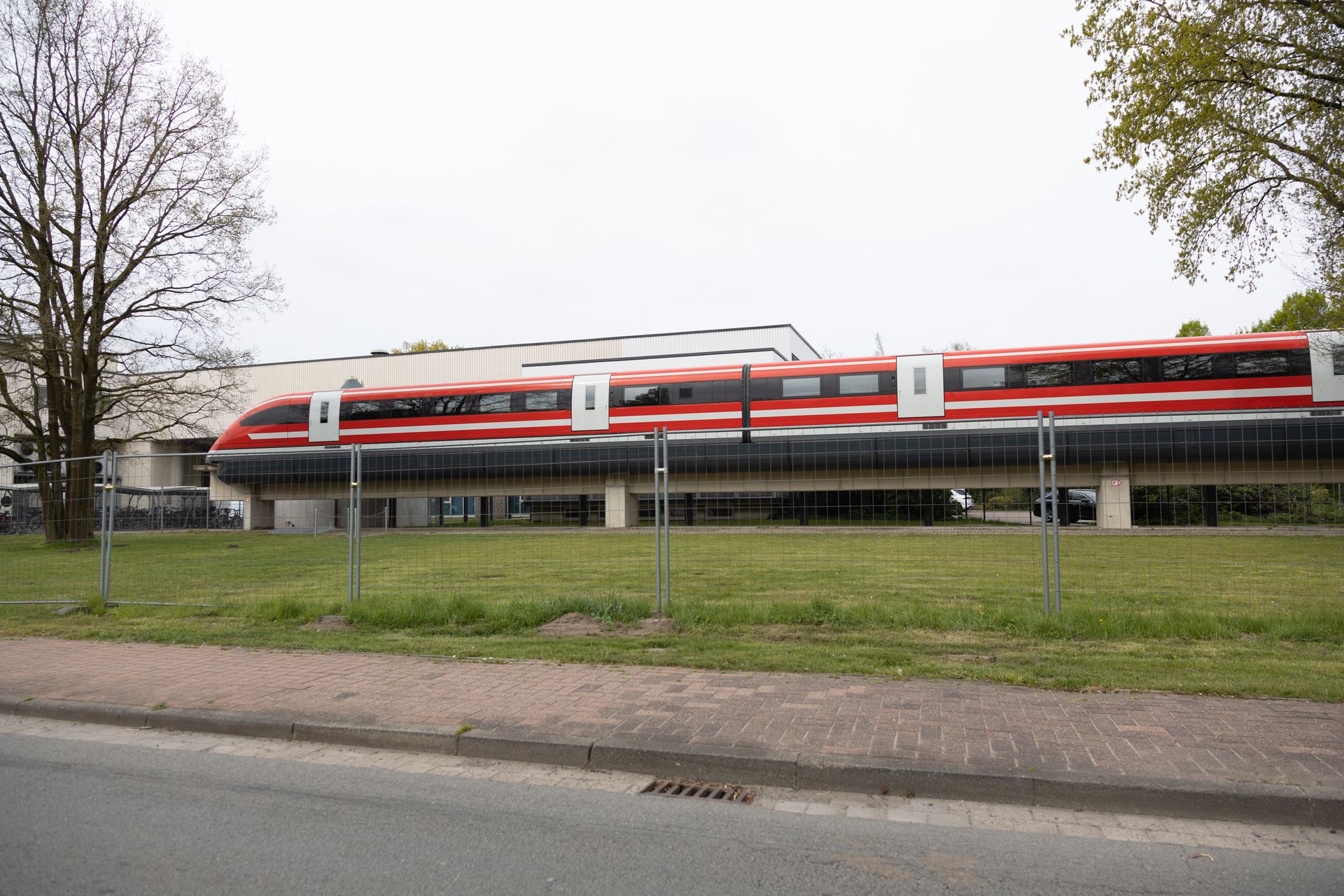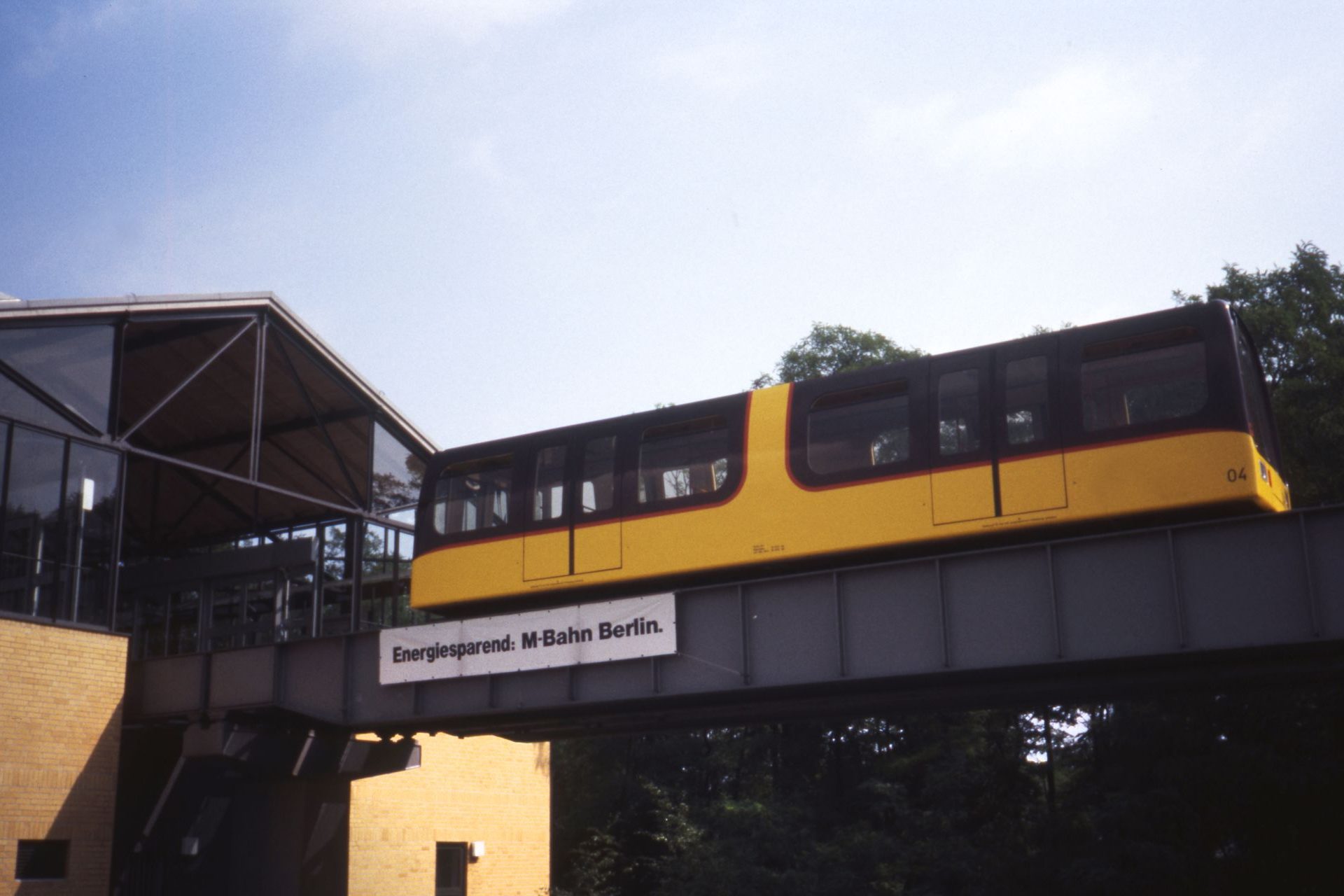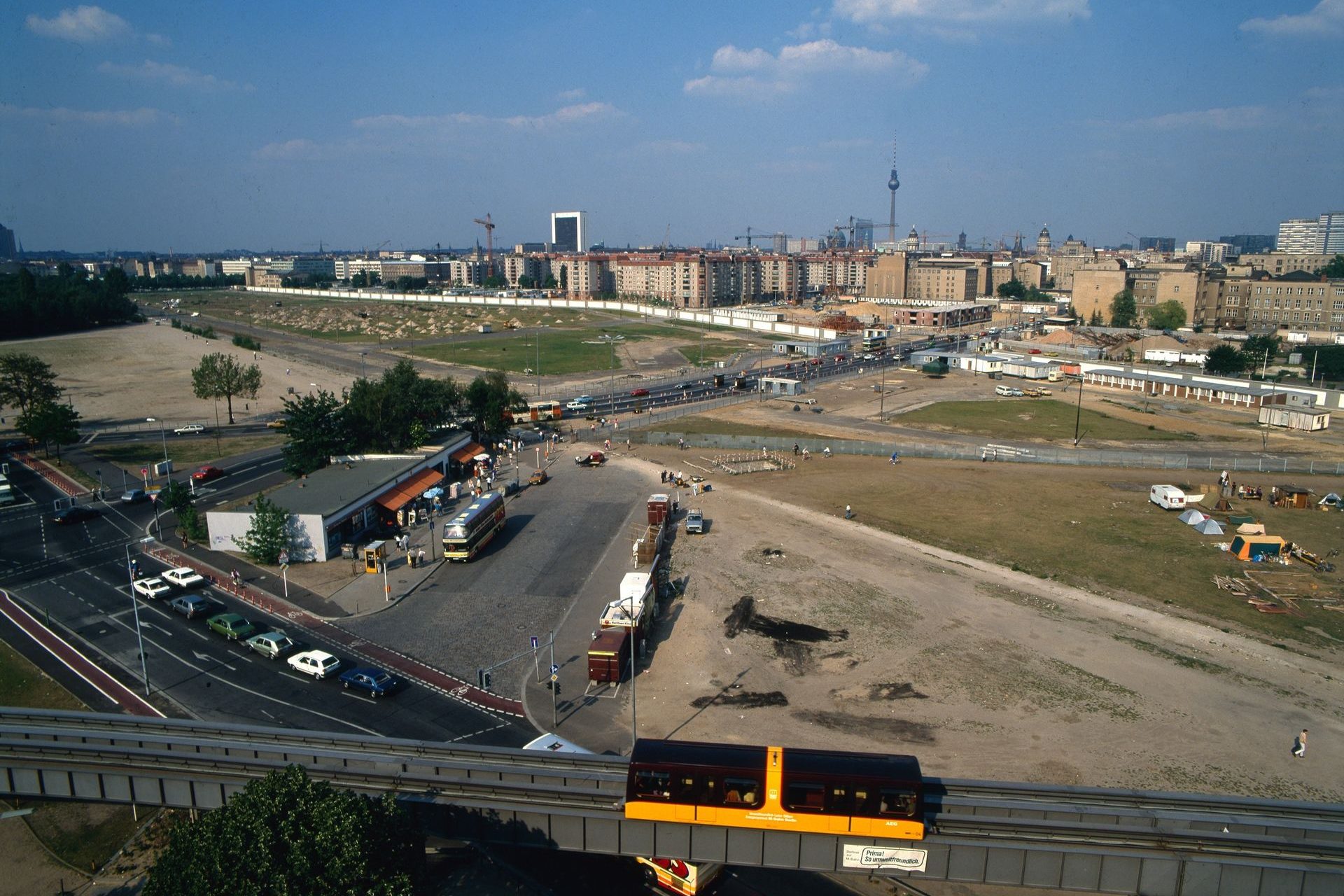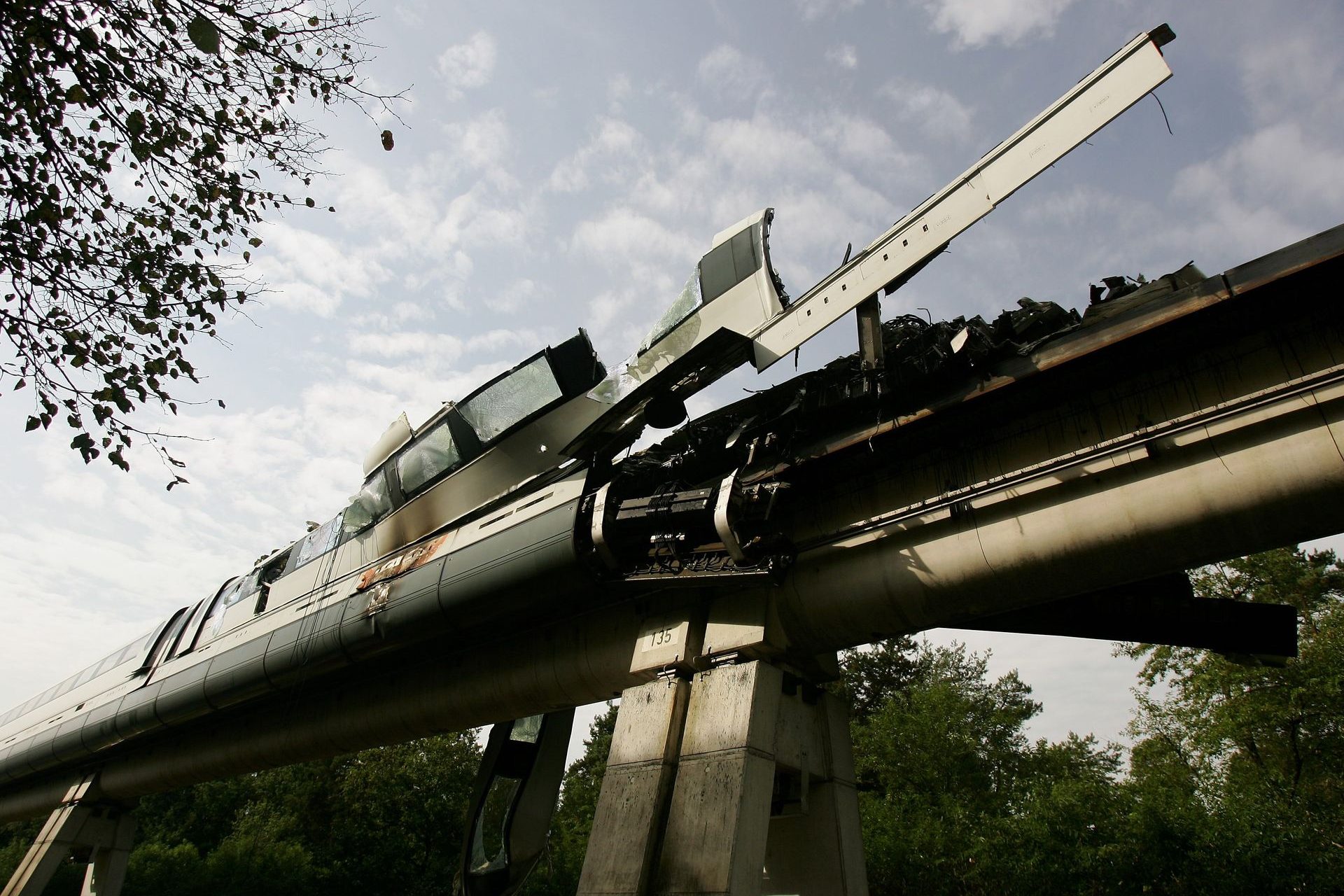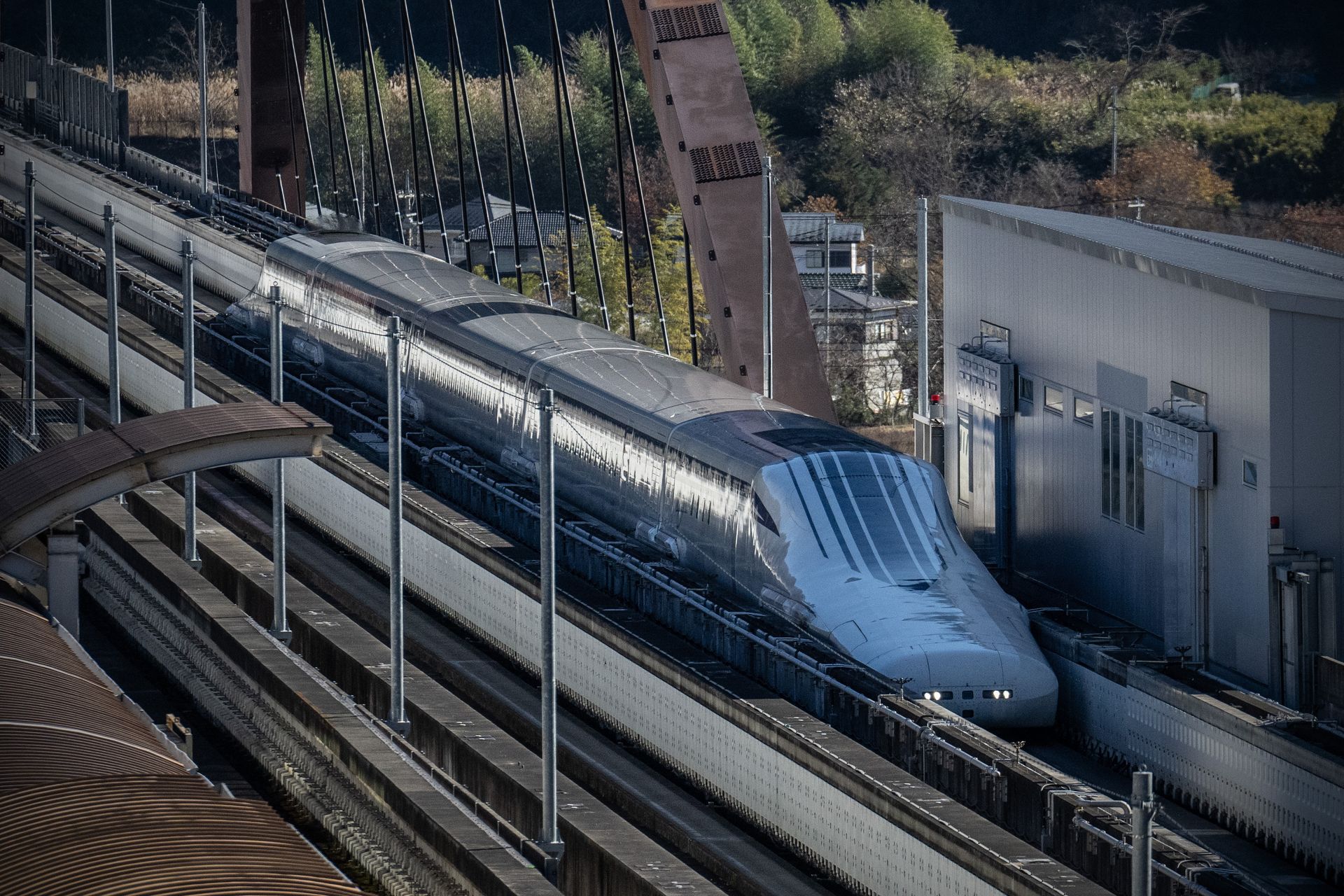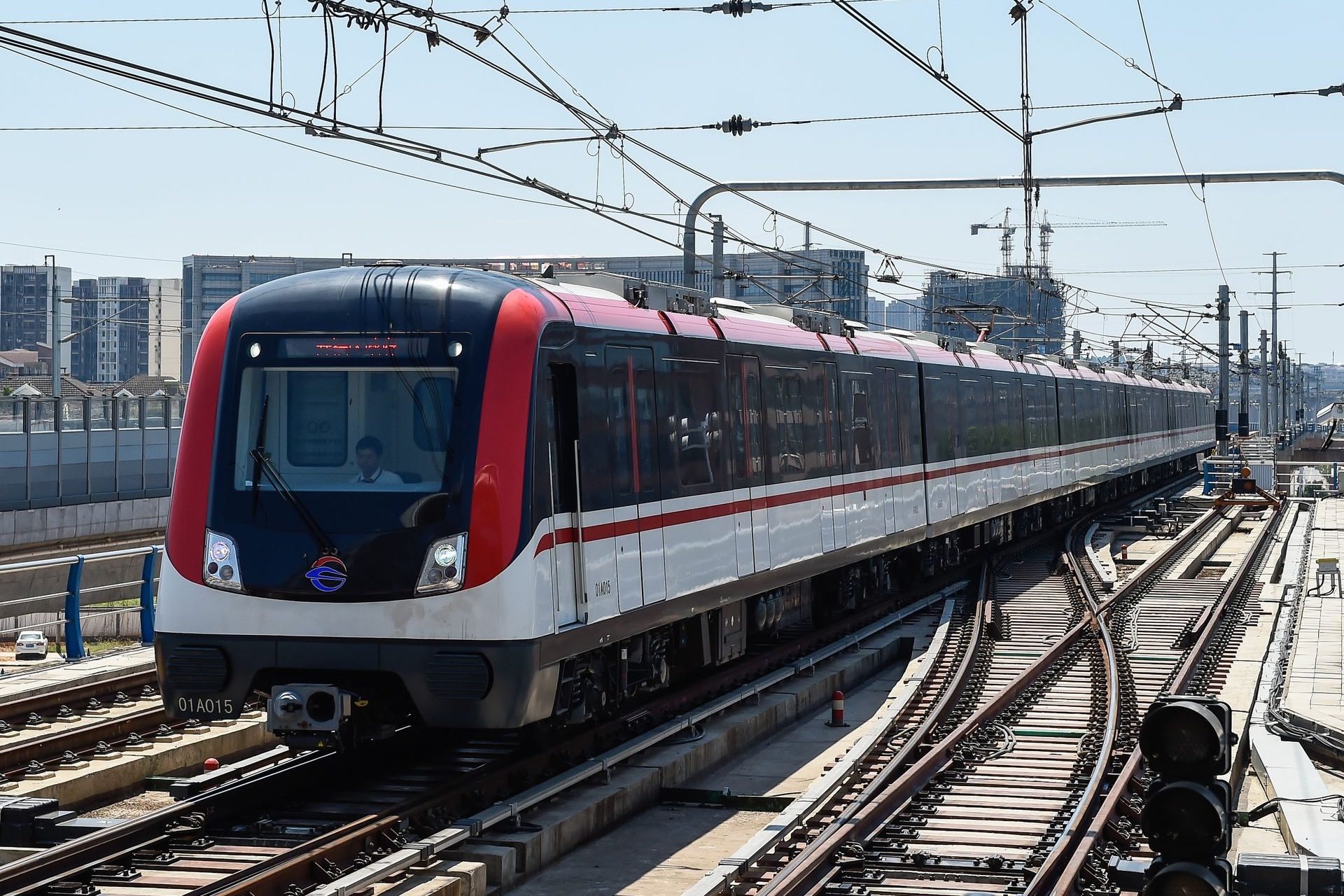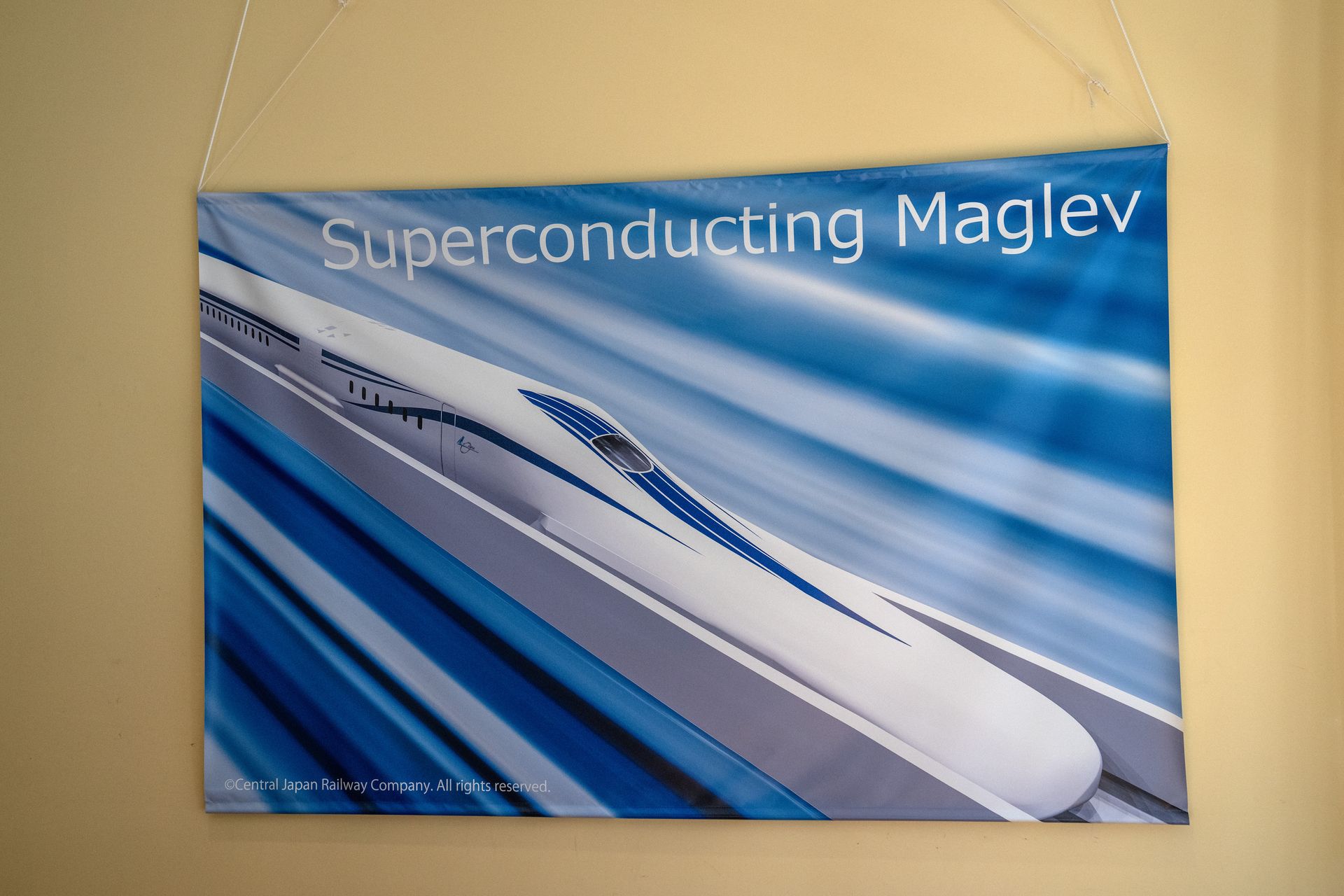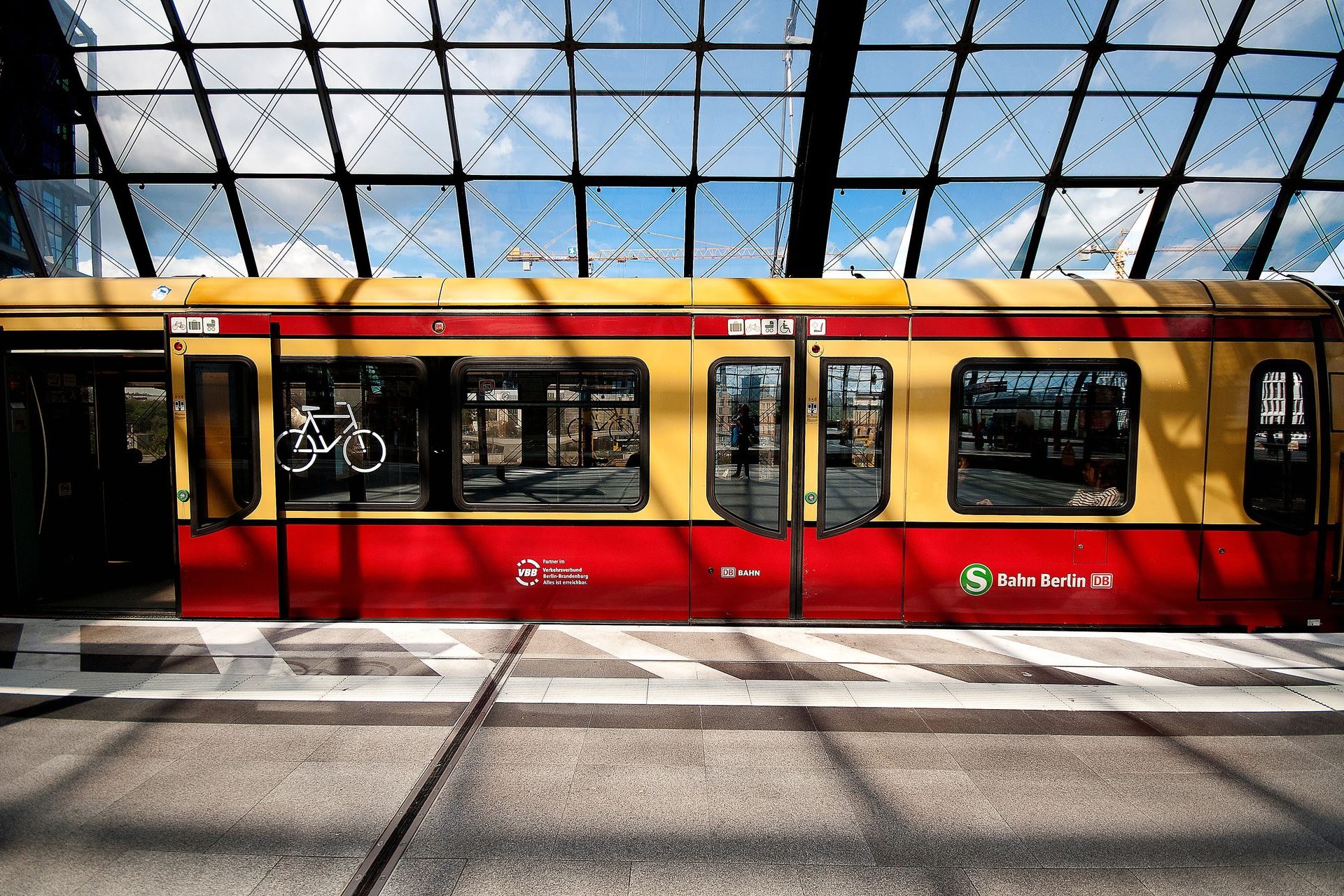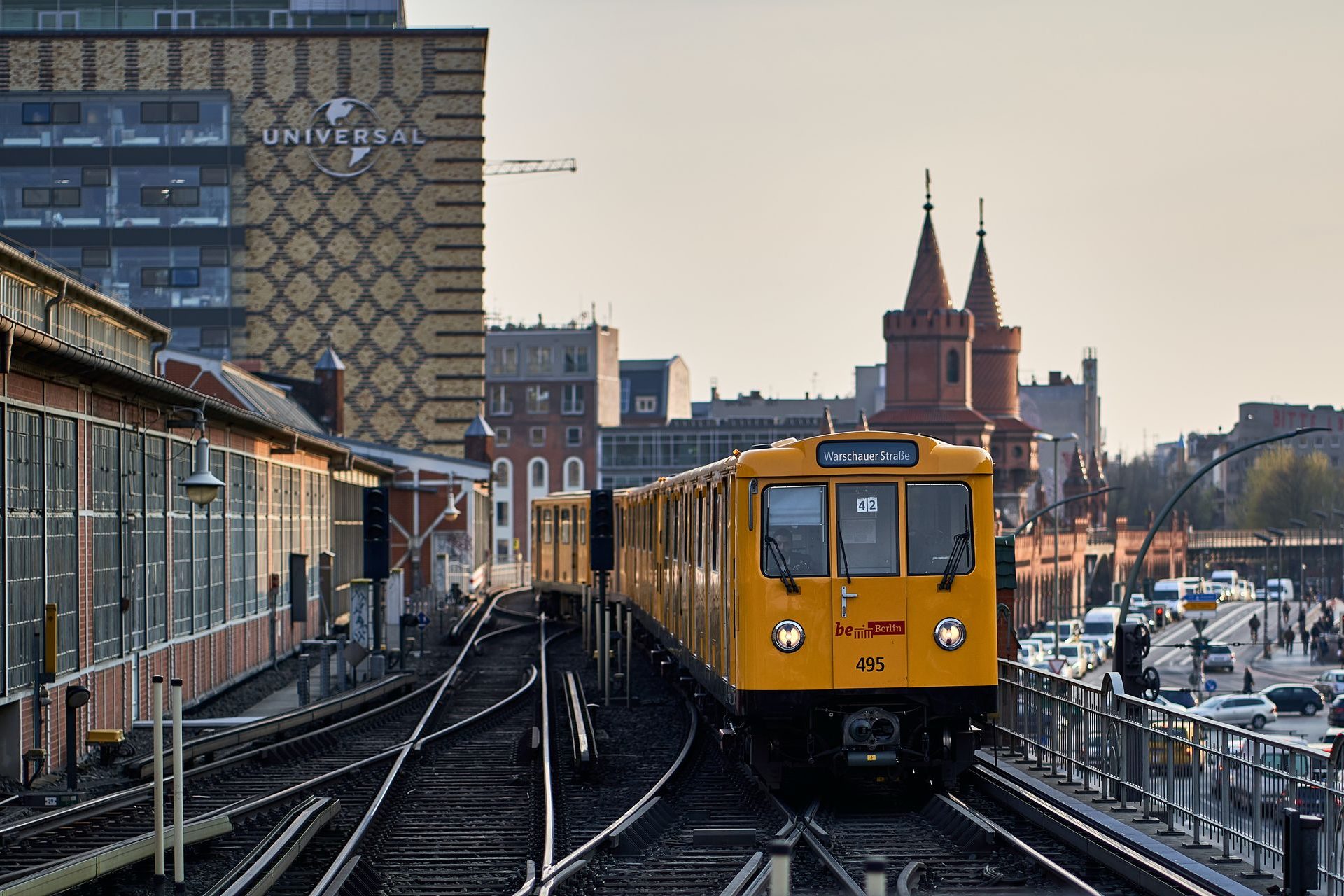Will magnetic levitation trains in Berlin soon become reality?
Will Berlin soon have new magnetic levitation train lines? In any case, this is what the CDU, the conservative party in power in the German capital, has announced.
As reported by 'Bloomberg', a plan was presented worth 80 million euros to launch a test track, with the aim of gradual implementation by 2026.
@Philip Yu / Unsplash
It is therefore a return to basics for magnetic levitation trains (or “Maglev”), a technology patented by the German engineer Hermann Kemper.
In fact, such a system had already existed in Berlin between 1989 and 1991, connecting the Gleisdreieck metro station to the area around Potsdamer Platz in the city center.
The reconstruction of the U2 metro line, after the fall of the Wall, however, made this line useless. The old Berlin M-Bahn was therefore taken out of service after three years.
In 2006, Germany experienced a serious rail accident on a Maglev test line. The train hit another vehicle at full speed, killing 23 people.
However, magnetic levitation trains have been developed in Asia, particularly in China and Japan, where they can reach speeds of 600 kilometers/hour.
Unlike conventional trains, these vehicles are suspended several centimeters above the rails, thanks to the use of magnets and the phenomenon of electromagnetic levitation.
In addition to increasing the availability of public transport in the city, these trains have the advantage of reducing noise pollution for populations who live near railway tracks, as indicated by 'Geo'.
However, the Berlin project is not unanimous. Researcher at the Berlin Research Institute of Social Sciences, Andreas Knis criticized the plan on 'Radio Berlin Brandenburg', citing the "very good" transport network that the metropolis already has.
@Peter-Paul Moschik / Unsplash
'Geo' recalls that, for opponents, the announcement of this project could also serve as a diversion from the majority that governs Berlin, which has also canceled cycle path projects while planning the extension of an urban highway in the capital.
@Norbert Braun / Unsplash
More for you
Top Stories





